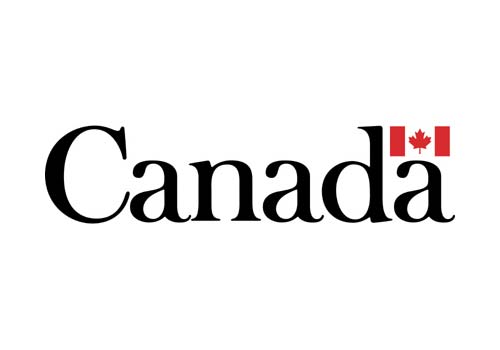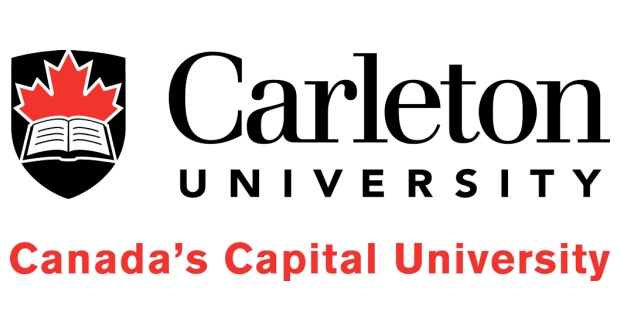This post is cross-posted in partnership with ActiveHistory.ca
by Jill Campbell-Miller, PhD and Ryan Kirkby, PhD, MLIS
In general, historiography and historical methods courses do a good job in teaching students to be skeptical of their sources. As undergraduate and graduate students, we learn to scrutinize what we read, hear, or see. Yet while historians may be familiar with how to critique the sources themselves, rarely do we look up from a given document and examine the place where it is located, or think about how the document arrived in the archives. This is particularly true of written documents that emerge from government. Historians do not always critically engage with the organizational structure of the files, or think about how a certain structure came into being. This might seem somewhat “inside baseball” to historians, who usually leave such concerns in the hands of archivists. Exploring organizational descriptions on archival websites is not for the faint of heart, and rarely make much sense to the untrained observer. But considering these issues is important, because the history of how government departments change over time influences how documents come to be organized, influencing the history that emerges from this research. Continue reading






